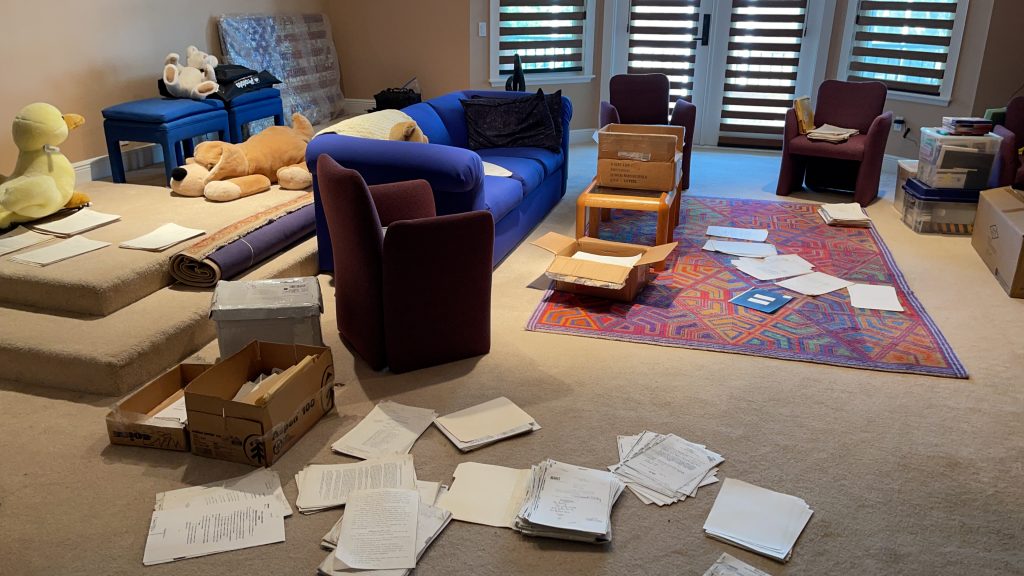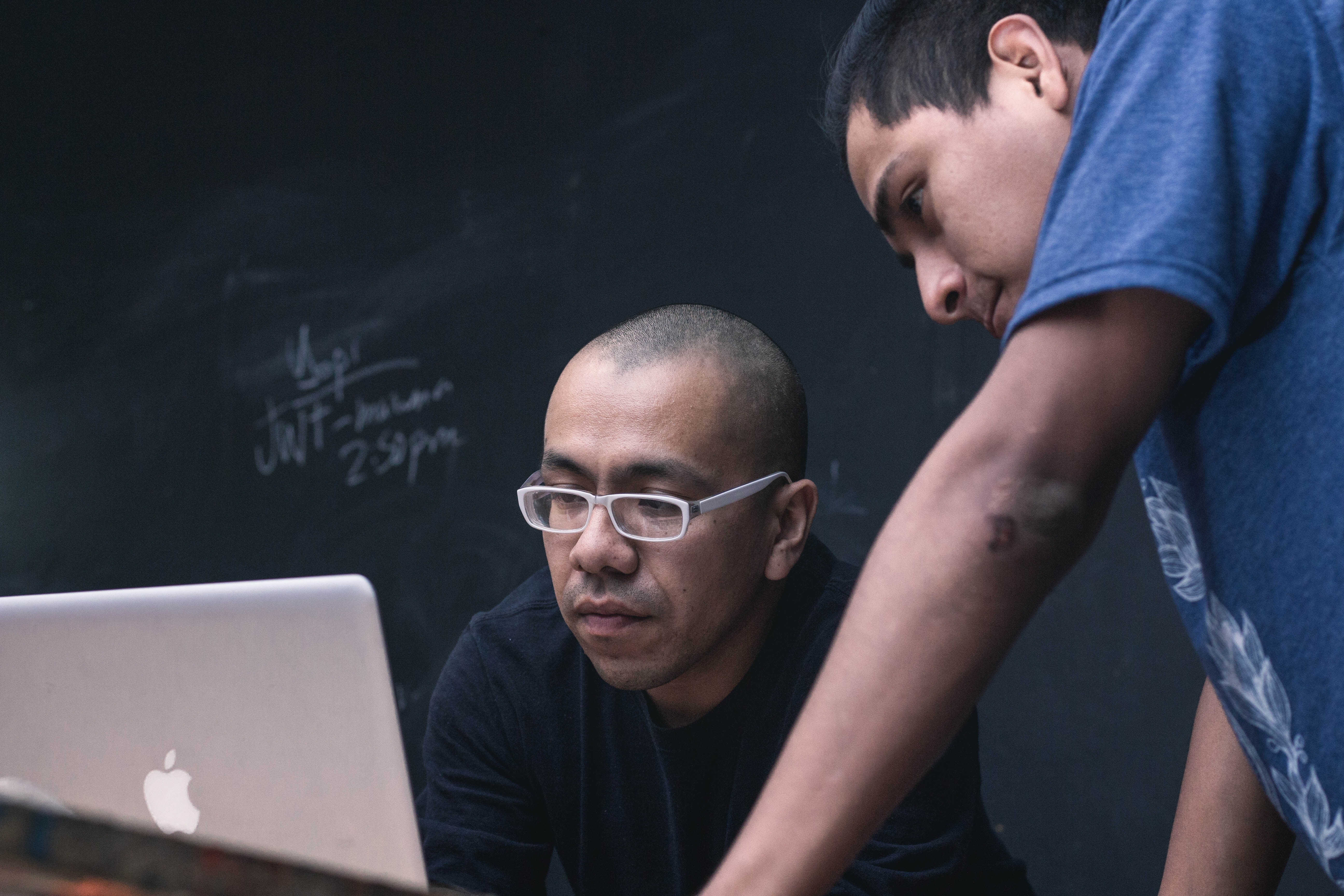Since the COVID-19 pandemic began last spring, historical archives of all kinds have been closed. As someone working on an international history PhD, needless to say, this has made researching and writing my dissertation much more difficult. Archival and primary source research are the bedrocks of history PhDs, so without the ability to readily access them and read documents and other materials, it is hard to do the work. The pandemic has required me and countless others to get creative with our research, which is important background for this post.
Last summer, I asked a senior historian in my field if he could assist me by sending me any copies of documents he had. Instead, he made the heroic and totally unexpected move of just sending me all the original documents he had. He just gave them to me. I was blown away by his grace and generosity. He’d given me thousands of documents that would have taken me weeks or months to collect on my own. People doing something like this is nearly unheard of these days.
Once I received the documents, I excitedly started going through them. Documents I had read about in his books and in others’ work were now in my hands. I was ecstatic. I pulled them out by the stacks and began reading them. It was a historian’s dream come true.
One day I was reading through a big stack of papers from the George C. Marshall Library, which is based in Lexington, Virginia in the United States. A lot of the documents were letters and notes Marshall would send to his subordinates or other U.S. Army officers in his role as the U.S. Army Chief of Staff. As I was reading through them, one in particular caught my eye. It was a typed note Marshall had sent to one of his assistant chiefs of staff about famous figures who were avoiding military service during World War II. Marshall was frustrated this kept happening, and in particular was wondering about Frank Sinatra, the famous musician and singer. He had come across Sinatra’s records and had seen he was granted a deferment because of a punctured eardrum. However, Marshall knew Sinatra was still performing, and was acidly wondering how Sinatra could keep doing this (and getting paid large sums of money for it) with a punctured ear drum, which he noted is “vital” for a musician. The Army Chief of Staff said he would be especially incensed if an Army doctor had granted the deferment.
When I came across this brief note, I was very amused. It is always fun to find little tidbits like this that make the historical figures we read and write about seem more human. This note wasn’t helpful for my research at all, but it made my day. At a time when it is easy to feel deflated, little pick-me-ups like this are so fun and needed. It reminded me about why I’m doing this PhD.





